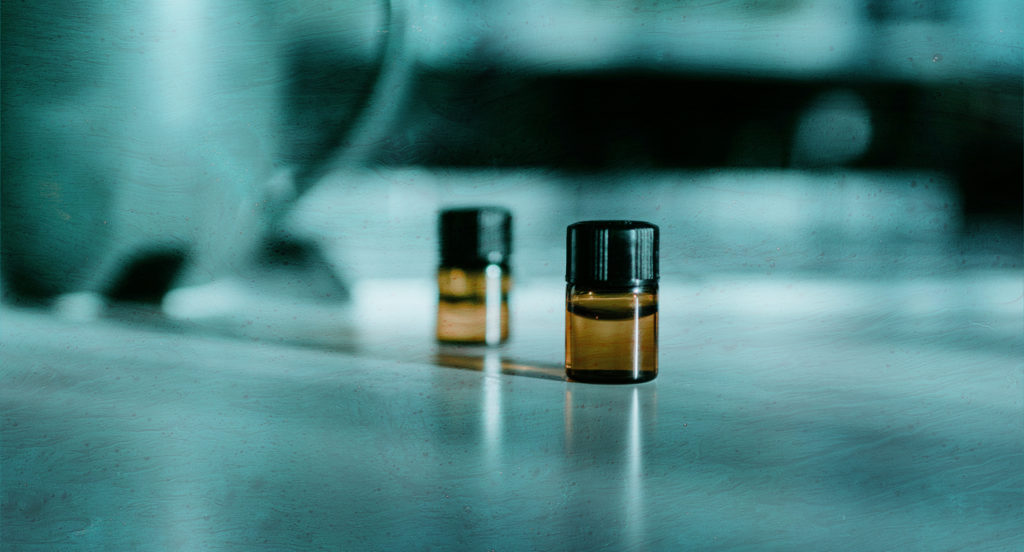“I was introduced to LSD in 1965. In the years that followed, other than the mystical, or peak experience, my aim was to hit that ‘sweet spot’, where vitality and creativity are enhanced, while leaving me in control of my concentration. I grew to love this state. It was, in a way, comparable to what people are doing today with microdosing” – Amanda Feilding
About Microdosing
The practice of microdosing entails taking low doses of psychedelics, which are usually one-tenth of a recreational dose that causes a psychedelic experience. For LSD, that would, for example, be between 10 and 20 μg. These may be taken repeatedly, every 2 or 3 days over the course of several months, or more occasionally.
Taking small doses of psychedelics to affect mood and performance is growing in popularity. However, there is very little research to back the validity of certain claims, which include improved cognition, productivity and mood.
Amanda Feilding and the Beckley Foundation, together with its research partners at Maastricht University and a selection of academics across the globe are seeking to uncover more information, to both assist with harm reduction among those microdosing in their daily lives, but also importantly to support the evidence-base for the introduction of possible psychedelic medicines.

The Beckley Microdosing Research Programme
With the Beckley/Maastricht Programme, we are conducting a series of placebo-controlled microdosing studies to investigate in great detail this increasingly popular practice, and its potential therapeutic applications.
Our first study, investigating the effects of various small doses of LSD on mood, cognitive functions, and tolerance to pain, has been completed in 2019, with ground-breaking results demonstrating for the first time in the lab the benefits of LSD microdosing.
Following up on this success, we are now looking at the efficacy and safety of a fixed microdose of LSD administered repeatedly over a period of four weeks, on brain activity, cognitive functions and mood. Of particular interest, this study will be investigating whether LSD microdosing, when used once or repeatedly, can amplify brain plasticity, a phenomenon that has already been observed in cells, lab grown ‘minibrains’ and animals, but not yet in humans.
Outside of the lab, the Beckley/Imperial team have also been conducting the world’s first placebo-controlled, self-blinded study of microdosing. Recruiting participants from around the world who already microdose, or who are about to start, the study used an innovative new procedure to mimic important aspects of the blinding process, improving on previous survey studies of microdosers by diminishing the role of the placebo effect. To learn more, click here.
Given our current understanding of the mechanisms of action of psychedelic compounds such as LSD, this pioneering work could lead to LSD becoming a possible treatment for a range of conditions in need of more efficient treatments such as mood disorders, age-related cognitive decline/mild cognitive impairment, chronic pain, brain rehabilitation, and addiction. The Beckley Foundation is already starting to initiate research projects exploring these potential therapeutic applications.
Finally, at the Beckley Foundation, we are convinced of the value of ‘grassroots’ approaches to psychedelic research, and we have started collaborating with Quantified Citizen and an international team of researchers (including mycologist Paul Stamets) on a large international remote microdosing research platform. As part of this collaboration, we are conducting a study on microdosing and meditation, aimed at better understanding the potential use of microdosing as an aid to meditation practice.
If you too believe in the value of our work and want to get involved and contribute, please consider donating to help fund our research programme into the potential health benefits of psychedelic compounds.
Research Highlights
Our Microdosing Research in the Media
Microdosing Publications
Inter-individual variability in neural response to low doses of LSD
Translational Psychiatry, 2024
Self-blinding citizen science to explore psychedelic microdosing
eLife, 2021
Mood and cognition after administration of low LSD doses in healthy volunteers: A placebo controlled dose-effect finding study
European Neuropsychopharmacology, 2020
Pharmacokinetics and pharmacodynamics of lysergic acid diethylamide microdoses in healthy participants
Clinical Pharmacology and Therapeutics, 2020
Low Doses of LSD Acutely Increase BDNF Blood Plasma Levels in Healthy Volunteers
ACS Pharmacology & Translational Science, 2020
A low dose of lysergic acid diethylamide decreases pain perception in healthy volunteers
Journal of Psychopharmacology, 2020
Podcast
- All
Links
- All
Support
- All
BIPRP
- All
Science Talk
- All
Amanda's Talks
- All
- Video Talk
- Featured
- 2016 Onwards
- 2011-2015
- 2010 and Earlier
- Science Talk
- Policy Talk
One-pager
- All
Music
- All
Amanda Feilding
- All
Events
- All
Highlights
- All
Psilocybin for Depression
- All
Current
- All
Category
- All
- Science
- Policy
- Culture
Substance/Method
- All
- Opiates
- Novel Psychoactive Substances
- Meditation
- Trepanation
- LSD
- Psilocybin
- Cannabis/cannabinoids
- Ayahuasca/DMT
- Coca/Cocaine
- MDMA
Collaboration
- All
- Beckley/Brazil Research Programme
- Beckley/Maastricht Research Programme
- Exeter University
- ICEERS
- Beckley/Sant Pau Research Programme
- University College London
- New York University
- Cardiff University
- Madrid Computense University
- Ethnobotanicals Research Programme
- Freiburg University
- Medical Office for Psychiatry and Psychotherapy, Solothurn
- Beckley/Sechenov Institute Research programme
- Hannover Medical School
- Beckley/Imperial Research Programme
- King's College London
- Johns Hopkins University
Clinical Application
- All
- Depression
- Addictions
- Anxiety
- Psychosis
- PTSD
- Cancer
- Cluster Headaches
Policy Focus
- All
- Policy Reports
- Advisory Work
- Seminar Series
- Advocacy/Campaigns
Type of publication
- All
- Original research
- Report
- Review
- Opinion/Correspondence
- Book
- Book chapter
- Conference abstract
- Petition/campaign
Search type
